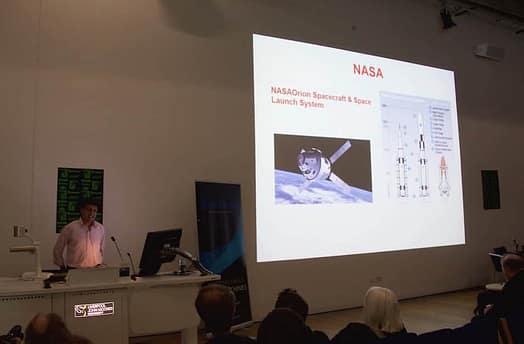Founded by Phil Cleator on Friday 13 October 1933 , the British Interplanetary Society exists to this day. BIS members include Arthur C Clarke, Carl Sagan, George Bernard Shaw, and Robert Heinlein. In 1933 Leslie Johnson was 19 and Clarke, aged 16, joined in 1934.

The initial aims of the BIS were to convince the public that space travel really was possible and help develop the technology to make it happen. It was an ambitious goal, futuristic, perhaps even reckless. A tough challenge when most people would not have seen an aeroplane up close, let alone ridden in one. Speke airport, now Liverpool John Lennon, was opened in July 1933. Movies were just turning into talkies, the BBC was founded in 1922 large populations geographically separated could share the same experience without having to be in the same place at the same time. Something that was possible for the first time in human history.
Today we are familiar with terms such as satellites, rockets, spacecraft and astronauts but in the 1930s they did not exist. Very few could visualise and understand these concepts and let alone the IDEA of space and space travel.
Like many other leading economies, Britain has a flourishing space programme today. I would suggest it started in Liverpool almost 90 years ago. Yes, despite 13th October 1933 being a Friday, the BIS is still flourishing today as the oldest space advocacy group in the world.
Leslie Johnson’s daughter Pam Reid and I spoke with Tony Snell at BBC Radio Merseyside. Listen below.
More about the book and how to get a copy direct or via Amazon.


 A
A